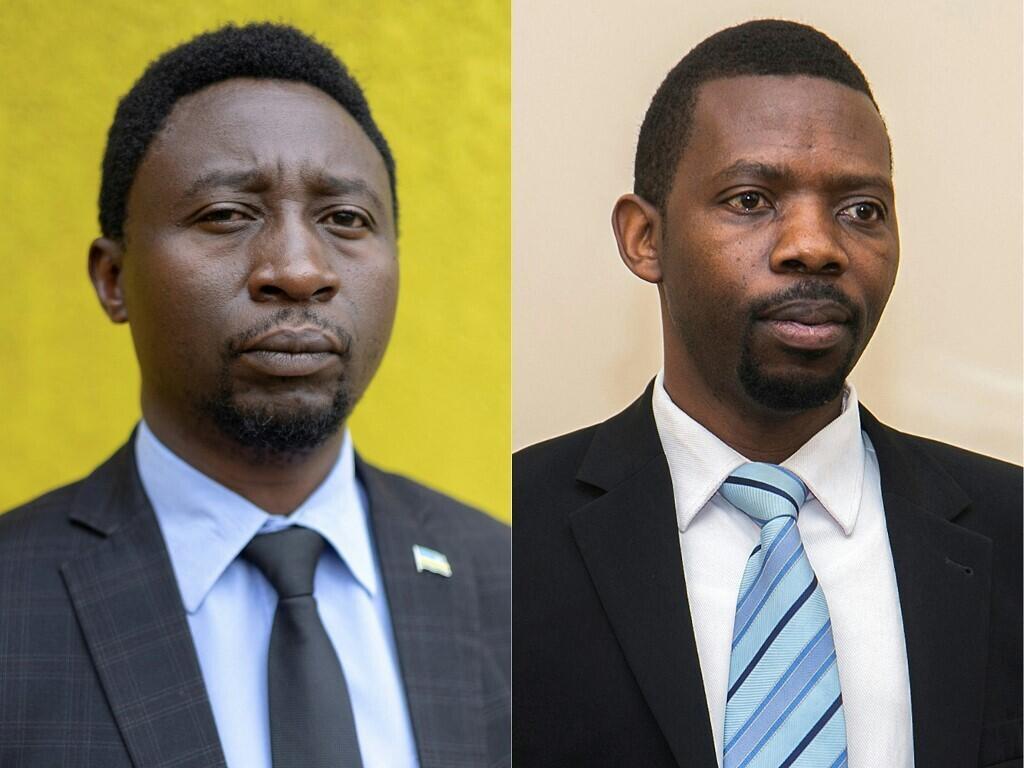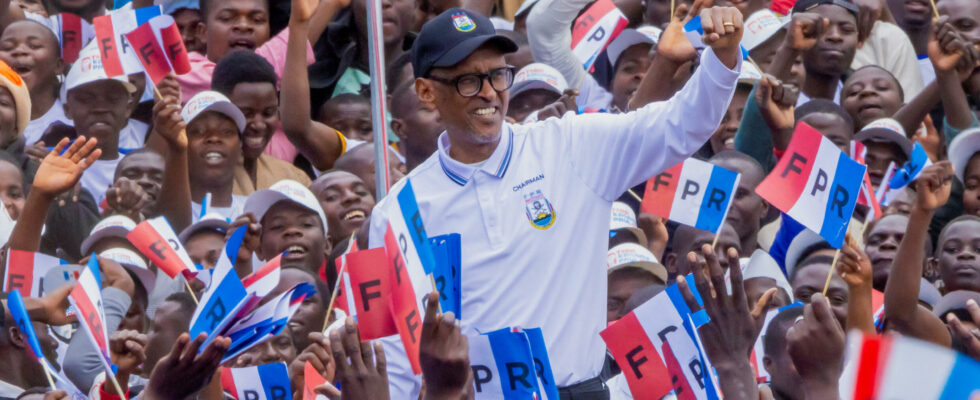In Rwanda, the population is voting this Monday, July 15, 2024 for the presidential and legislative elections. President Paul Kagame, in power in the country for 24 years, is seeking a fourth five-year term. Only two other candidates have been authorized to run against him: Democratic Green Party MP Frank Habineza and independent Philippe Mpayimana.
3 min
with our special correspondent in Kigali, Liza Fabbian
This morning, for the first time, Rwandans are voting to elect both their president and their MPs. The electoral deadlines have been harmonised in 2023, in order to save public money. Also for the first time, the presidential term will be only five years, following a reform adopted in 2015, which also allows the president Paul Kagame to run for a fourth term.
Paul Kagame has been in power for 24 years in Rwanda and he has been ruling the country since the end of the Tutsi genocide in 1994. The hegemony of the president and his party, the Rwandan Popular Front (RPF), weighed heavily during the campaign. FPR is really omnipresentespecially during this campaign period. The party’s red, white and blue colours were displayed everywhere along the roads, on cars, on t-shirts. A true celebration of the party and of President Kagame, considered by many Rwandans as a true “ hero “, the all-powerful architect of peace and development in the country. Each of his trips was therefore extremely well followed with political rallies attracting tens of thousands of supporters and hosted by the most popular artists in Rwanda.
Same poster as in 2017 for the presidential election
This profusion of resources obviously does not leave much room for opposition candidates. On the other hand, during a trip by the leader of the Green Party, Frank Habinezain northern Rwanda, only a hundred curious people had come to listen to him speak, standing on a small stage set up at the side of the road. The latter, like the independent candidate Philippe Mpayimananevertheless said their campaign had been unhindered.
These are the only two candidates who have been authorized to run against Paul Kagame. A poster similar to that of the 2017 presidential election, which saw the head of state win with more than 98% of the votesAt the time, Philippe Mpayimana had collected just over 0.7% of the vote and Frank Habineza had not even passed the 0.5% mark. The latter still hopes to obtain more seats in Parliament – where his party entered after the 2018 legislative elections.

Except that some much more critical opponents have been completely excluded from the presidential race in recent months. This is particularly the case of Diane Rwigara who had already been prevented from running in the 2017 presidential election for forgery of documents in 2017. The electoral commission again rejected her candidacy, arguing that she had not presented an extract from her criminal record, nor a document proving her Rwandan nationality.
As for the opponent Victory Ingabireconvicted in 2013 for “conspiracy through terrorism” And “minimization of the 1994 genocide”, The courts rejected his request to have his civil rights reinstated, which would have allowed him to run against Paul Kagame.
The two women do not expect much from an election that they consider to be “a foregone conclusion”, given that the Rwandan head of state has never obtained less than 93% of the votes in a presidential election.
